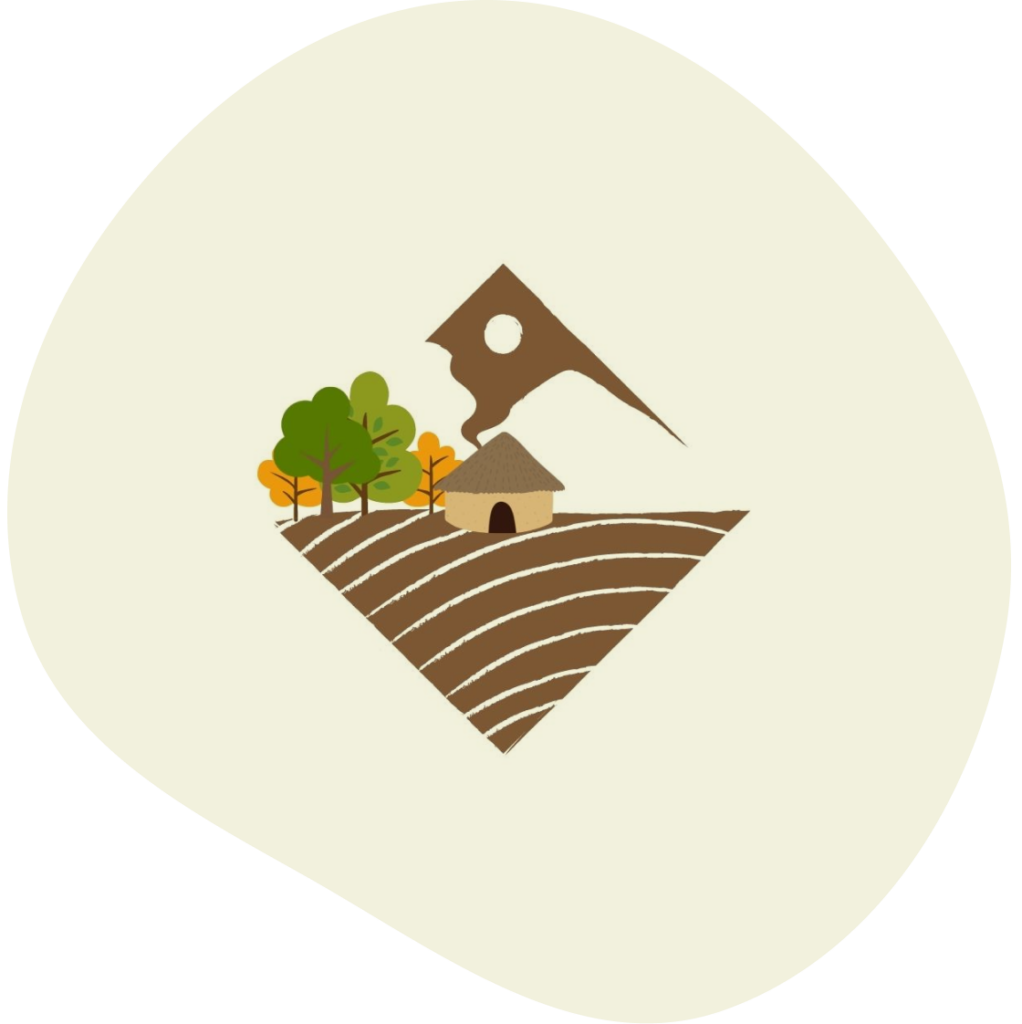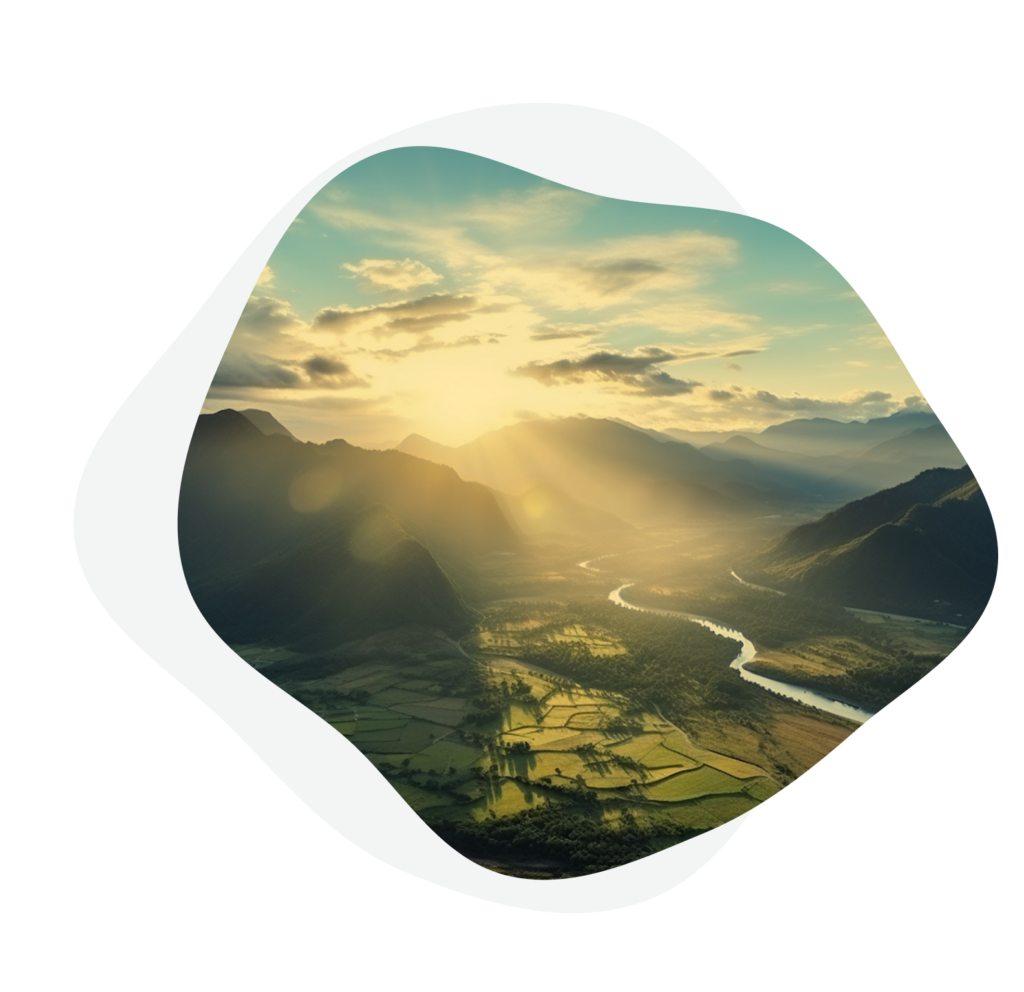Nury Martínez – La Via Campesina (FENSUAGRO, Colombia)

Land, Forests, Water and Territory
The construction of democracies is fading to make way for totalitarian and repressive States, while corporations are merging to create Megafusions and control the entire food chain and its production
About the Working Group
What is the IPC+ Land, Forest, Water and Territory Working Group?
The Working Group (WG) is a space of struggle, articulation and convergence of social movements and indigenous peoples’ organizations, to defend our territories and promote our rights to territory and land. The members are the member organizations of the IPC, but support organizations also participate.
The WG has a coordination team, composed of political coordinators (social movements and indigenous peoples) and technical facilitators (support organizations). Currently La Via Campesina and the International Indian Treaty Council (IITC) act as political coordinators, while FIAN International ensures the facilitation of the group.
The WG organizes international and regional meetings according to its needs, and participates in IPC assemblies.
The WG also articulates with the regional structures of the IPC.
Working Group coordination
-
-
Saúl Vicente Vázquez – International Indian Treaty Council (Unidad de la Fuerza Indígena, Mexico)
-
Working Group facilitation
Philip Seufert – FIAN International
What’s on the Horizon? The Tenure Guidelines, Credits, IPC/FIAN International
What do we do?
The activities of the WG are multiple, according to the following lines of action:
Discussion and articulation of positions and proposals
We critically analyze the dynamics and mechanisms with which globalized capital and politics seek to reconfigure our territories into places of profit and income for the capitalist classes of the planet. At the same time, we develop concrete proposals on how to ensure popular governance of territories, based on food sovereignty, human rights and social justice.
Articulation towards advocacy spaces
We coordinate the advocacy we do in the international spaces that we consider legitimate. We denounce what happens in our territories and oppose rules and policies that violate our rights. At the same time, we bring our proposals to advance our struggles for the right of communities and peoples to their lands and territories. In this way, we bring the voices of communities to international spaces. The WG has coordinated, for example, the participation of social movements and indigenous peoples in the process of elaboration and implementation of the Voluntary Guidelines on the Responsible Governance of Tenure of Land, Fisheries and Forests in the Context of National Food Security.
Mutual learning and training
The WG is a space where organizations share their strategies and struggles for the territory at the local, national and regional level, thus creating a place for the exchange of experiences and mutual learning. In addition, the WG provides support to grassroots organizations to appropriate existing international tools (conventions, treaties, guidelines etc.) that can strengthen struggles in the territories. In this sense, the WG develops materials of popular education, such as the People’s Manual on Tenure Guidelines [IPC Publication]
Support for territorial struggles and human rights defenders
The WG is also a space to give visibility and support to the struggles and direct actions of organizations in the territories, through letters of support and denunciations in cases of rights violations. In a context where violence against human rights defenders and the criminalisation of social struggles are increasingly acute, the WG places special emphasis on supporting human rights defenders around the world.
The WG has a plan of action that contains the priority strategic axes as well as specific activities. The action plan is defined in the WG meetings by its members, and is updated according to the needs of the WG.
History of the Working Group
The history of humanity is the struggle and defense of Mother Earth. Today we face the disrespect and violation of human, collective and territorial rights. The construction of democracies is fading to make way for totalitarian and repressive states, corporations are merging to create mega-mergers and control the entire food chain and its production.
Wars have always existed, but now they are fought to obtain natural resources, to privatize water, coasts, rivers, seas, forests and within the forests cultural and biological diversity and entire communities. Wars have caused millions of deaths, but also millions of slaves, millions of people displaced from their territories, hundreds of thousands of immigrants leaving the Middle East and Africa for Europe, thousands more heading for the border between Mexico and the United States, living off indifference, racism, marginalization and exclusion.
The next generation may never meet peasants or native seeds and will live displaced from their homelands or ancestral territories. There are interrelated dynamics, dematerialization, digitalization and rogue capitalism that alter the nature of trade and markets. The digital is enveloping us with fascinating worlds and mirages, and as a great paradox and historical contradiction, it empowers feminism, the working classes, and immigrants.
But in that struggle for life, water and territory, the communities, the myths, the spirituality, the song to the seeds, the embracing of a tree, trees and asking permission from medicinal plants to cure ailments, listening to the silence of the rocks or the flow of the water have always been present. The territory is a space for life, a space for the next generations. It is a vital territory of communication of the whole ecosystem, spiritual and earthly, it is there where we love, dance, listen to the ancient voices of our ancestors and sow our loved ones.
The Working Group can be considered as a sacred place where visions of cultures, world views of peoples and social movements, exchange of information, planning of work, global and regional campaigns, political advocacy in our governments and institutions with the aim of enforcing the rights of Mother Earth, territorial rights, life. In the territory we define our political structures, our life, our dreams and our resistance. Monitoring land grabbing processes, but also defenses and exchange of experiences, based on human rights instruments and the right to food and dignity of the people.
The Land Working Group was formally created as a result of the World Food Summit held in Rome in 1996, where the International Planning Committee for Food Sovereignty was formed and where among its principles and axes of work is access to land, resources, building alliances, new visions, redefining concepts from the struggle for Food Sovereignty, Popular and Integral Agrarian Reform, to peasant and popular feminism to reaffirm the cosmovisions of Indigenous Peoples, peasants, pastoralists and artisanal fisher folks.
The Working Group contributed to the elaboration of a new international instrument, the Tenure Guidelines, approved by the UN Committee on World Food Security (CFS). It plans the implementation of the Tenure Guidelines at the global, regional, national and local levels. At the last IPC General Assembly in South Africa in 2018, the Land Working Group changed its name to the Land, Forests, Water and Territory Working Group.
Key issues
The work of the WG is based on our understanding of popular sovereignty as reflected in the basic principles of the IPC:
The autonomy and self-organization of social movements and indigenous peoples’ organizations as organizations representing rights holders;
The formulation and articulation of our political positions with our own voice, and without intermediaries;
The representation of different sectors of food producers;
The respect and promotion of women’s rights;
The representation of the different regions of the world;
The representation of young people.




